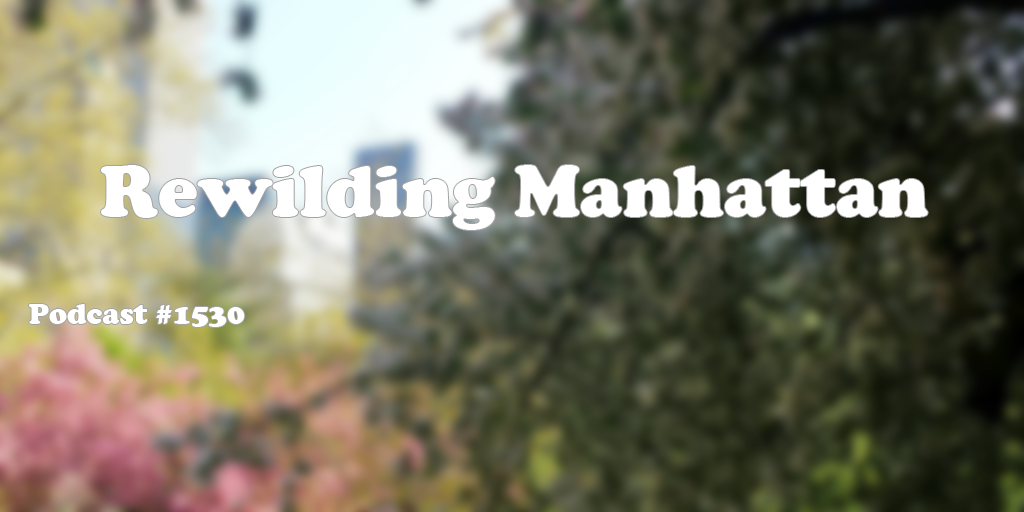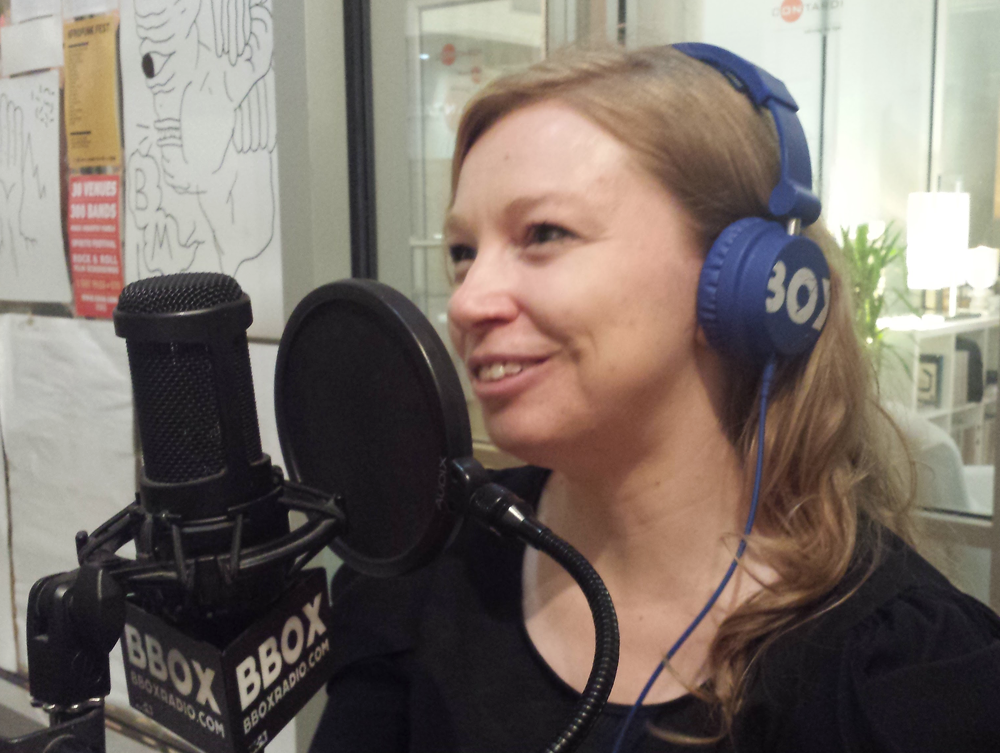By Susan Lutz
Tracking a lion for 40 hours must have been exciting. Far from home, stalking the king of beasts in the wilds of Africa, feeling the thrill of not only the hunt, but the exotic power of ruling over animals, taking, leaving the rest to rot must have been exciting. This desire to take, this desire to own, this desire to control is the consciousness that is killing our planet.
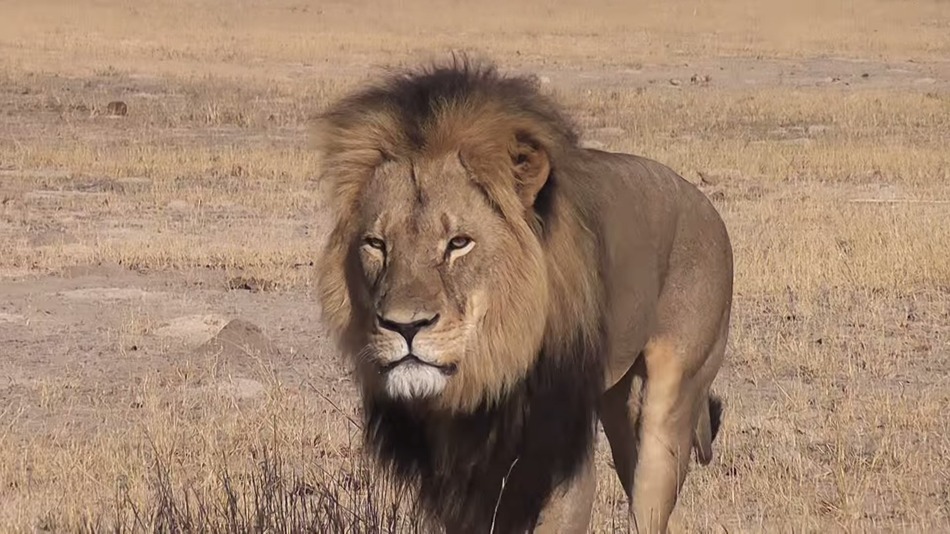 A Minnesota dentist and the men he paid to take him hunting in Zimbabwe are now being sought for questioning. This from CNN:
A Minnesota dentist and the men he paid to take him hunting in Zimbabwe are now being sought for questioning. This from CNN:
“All persons implicated in this case are due to appear in court facing poaching charges,” it said.
Officials said they believed Palmer had paid between $50,000 and $55,000 for the hunt to kill the lion.
We see what we want. We take what we want, often without regard for the effects our choices have on the environment. Killing a lion for thrill is taking for oneself and oneself alone, leaving no regard for life, animal or human. This mentality doesn’t stop with the animal kingdom.
We take by ignoring ramifications. When we purchase products that are made in sweatshops, we mistreat human beings. When we find out there’s a hole in the ozone layer, we claim we didn’t know our choices made a difference.
We take by consuming. We drink water in plastic bottles and toss them after one use; smug in our belief that recycling will take care of it. We pop a K-cup in the machine for a cup of coffee and drink 8 ounces of convenience, leaving behind billions of plastic cups to choke the planet.
We take by selling out. We ignore when politicians pass laws that make it OK to put toxins in our food.
We take by waiting for someone else to do it. For years, activists have tried to ban trophy hunting. We wait for the tragic to motivate us to change.
I searched hard on how to not judge this dentist from Minnesota. I’m from Minnesota. We’re not saints, but there’s this belief that we hold ourselves up to standards. My family hunts. I’ve been surrounded by the climate of hunting since birth, the camouflage, the orange vests, the guns, and the deer hanging from the garage in the cold of the fall. I’ve stood on the sidelines while this ritual, tradition, and sport took place. The hunters I know would be as devastated by this story as I am.
It’s hard to understand that in the entire time this dentist was planning his trip, it never occurred to him it might be wrong. He spent thousands of dollars, traveled thousands of miles, and then tracked the animals for 40 hours. He and his guides skinned the animal and beheaded it. Wasn’t there just one second, one moment, a fleeting thought that perhaps this is wrong? Even if not legally, morally?
I lived in a foreign country. I understand the lure of another country. Seeing the tropics, or the jungle, or the rainforest, or an animal in its habitat is exciting. It truly is interesting, educational, and enlightening to see and experience another land and culture. Tourism helps many countries. It’s critical to many economies. Yet, there are those who go take, forget, and ignore the ramifications of their actions. We’ve watched tourists climb mountains and take pictures naked for the sake of an interesting shot to put on social media. In Central America and other countries, many tourists travel for cheap sex, including with children. This is the mentality of take. Take for me – I don’t care about the rest.
I feel a deep sadness for the final hours of this regal animal, walking to his slow death in pain, suffering. I feel sadness for the country that lost a true, breathing, wonderful part of their culture. I feel sadness for the cubs left behind, the destruction and disorder inflicted by man on their pride. I even feel sadness for this dentist. In the time he spent hunting this animal down for sport, he lost time, time he can never take back. He does have a chance to change things. In the hours to come, in the actions he takes, he has the opportunity to give back instead of taking and find a way to make amends.
We’re meant to take. The cycle of life is giving and receiving. Yet, we must understand that we have a responsibility to act with care in how we take and be sure in all we receive, we are giving back.
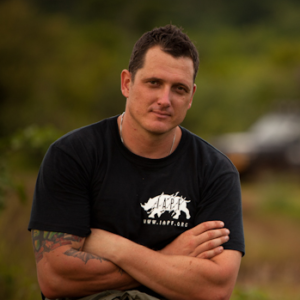 “Green” eco-warriors are working to protect rhinos and elephants, which are on the verge of extinction, as they are killed by poachers for their horns and tusks. My guest this week, Damien Mander, founder of the International Anti-Poaching Foundation, is working to train rangers in the preserves of Africa, via legal and direct tactics, to bring poachers to justice. He is a vegan and believes that animals suffer tremendously when they are raised for consumption, which is also a major contributor to climate change. Damien is starring in a James Cameron film called “The Game Changers”, which you can check out by going to gamechangers.com. For more information on the work of the International Anti-Poaching Foundation, go to iapf.org
“Green” eco-warriors are working to protect rhinos and elephants, which are on the verge of extinction, as they are killed by poachers for their horns and tusks. My guest this week, Damien Mander, founder of the International Anti-Poaching Foundation, is working to train rangers in the preserves of Africa, via legal and direct tactics, to bring poachers to justice. He is a vegan and believes that animals suffer tremendously when they are raised for consumption, which is also a major contributor to climate change. Damien is starring in a James Cameron film called “The Game Changers”, which you can check out by going to gamechangers.com. For more information on the work of the International Anti-Poaching Foundation, go to iapf.org
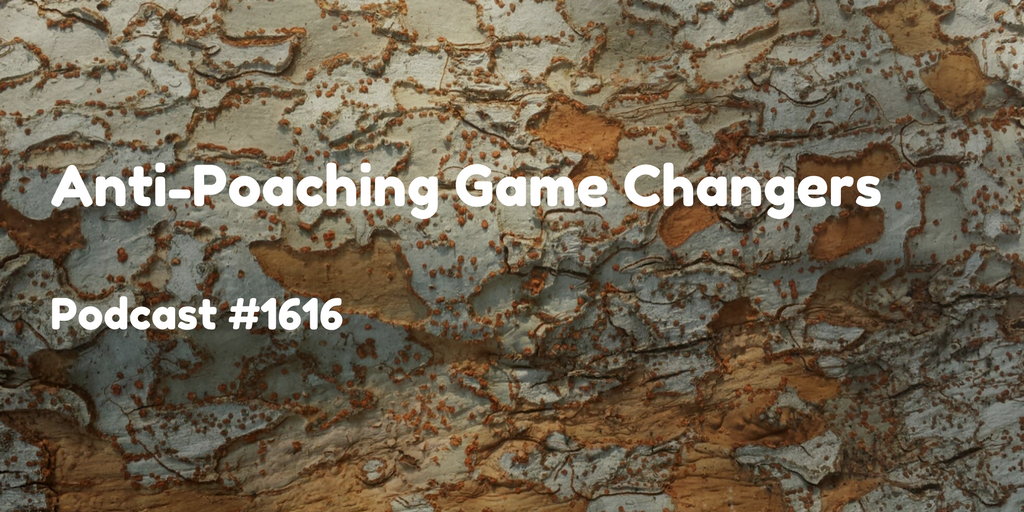
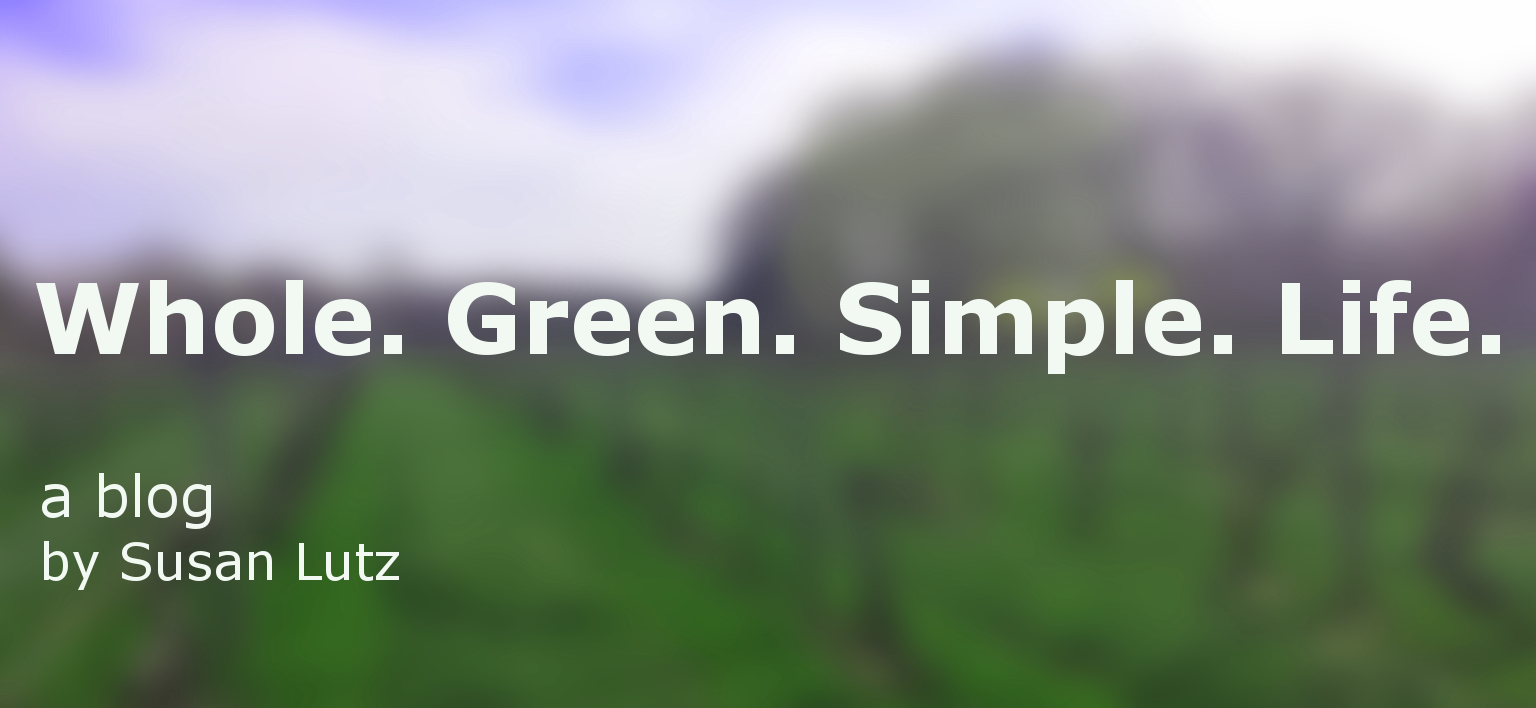
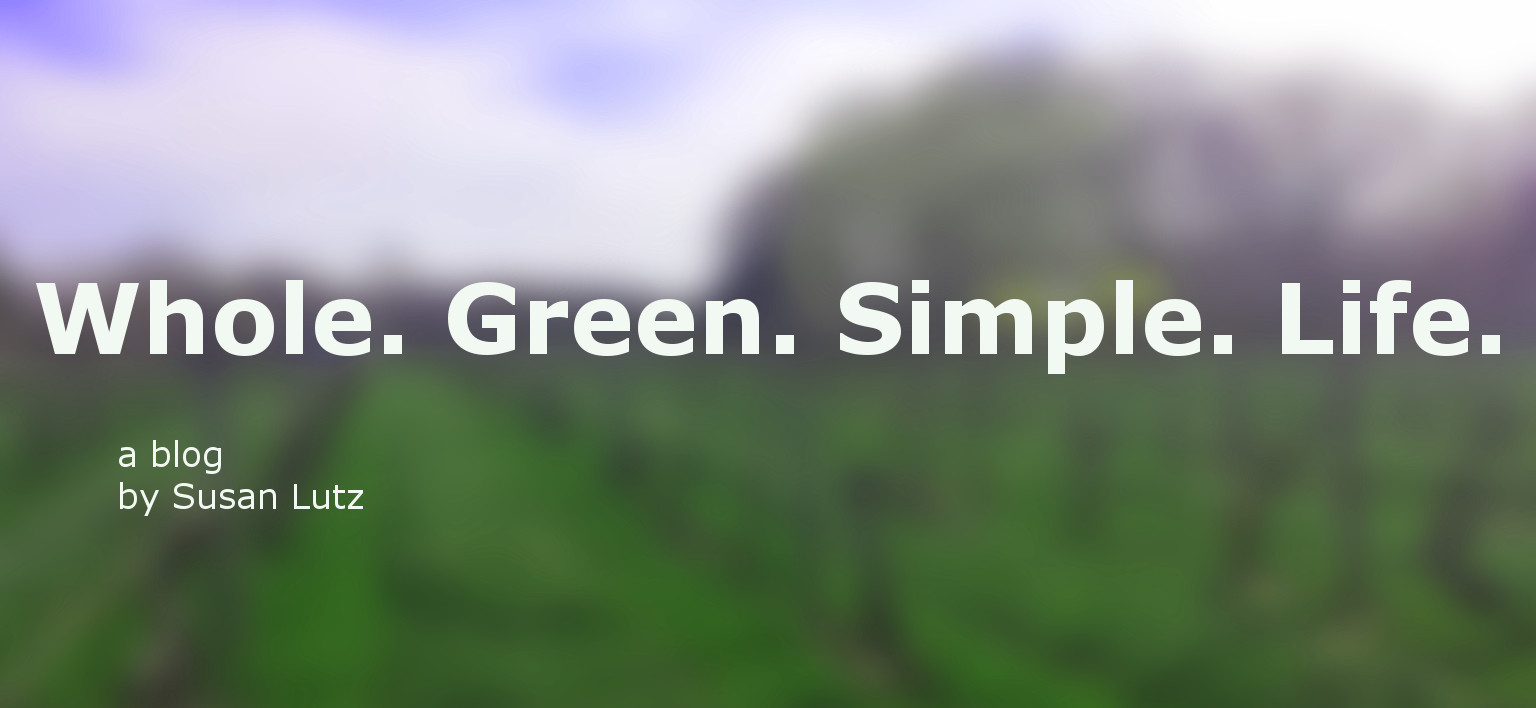
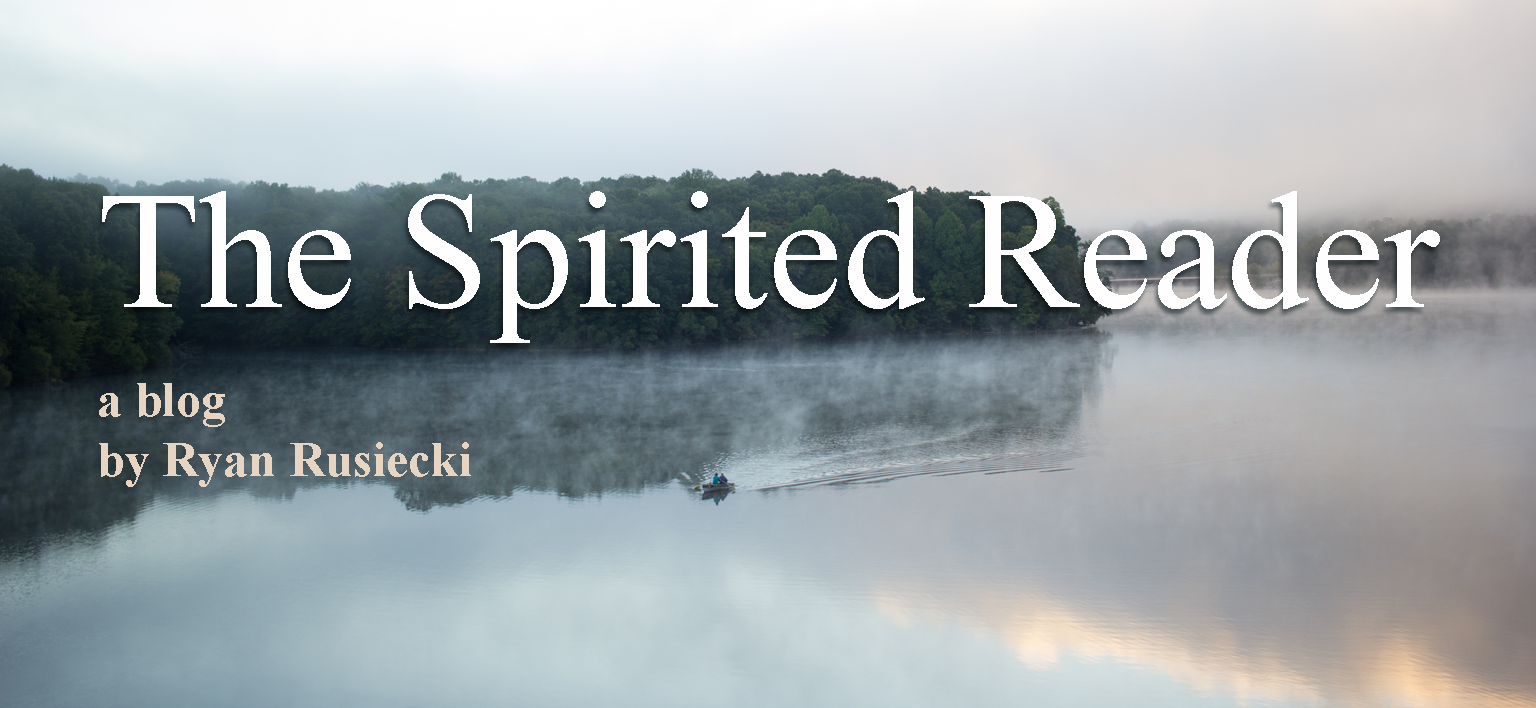
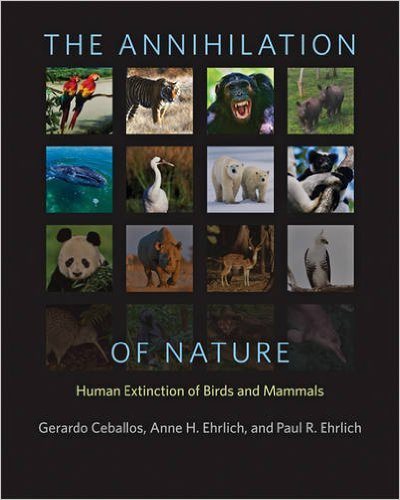 to the present as they contemplate the extinction of modern animals. After spending much time analyzing the extinction of many birds and mammals, the autho
to the present as they contemplate the extinction of modern animals. After spending much time analyzing the extinction of many birds and mammals, the autho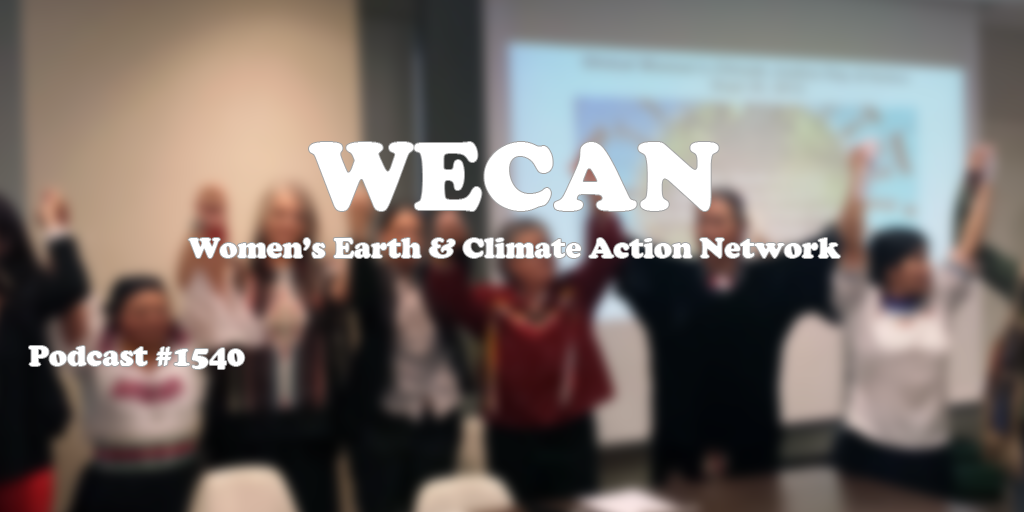
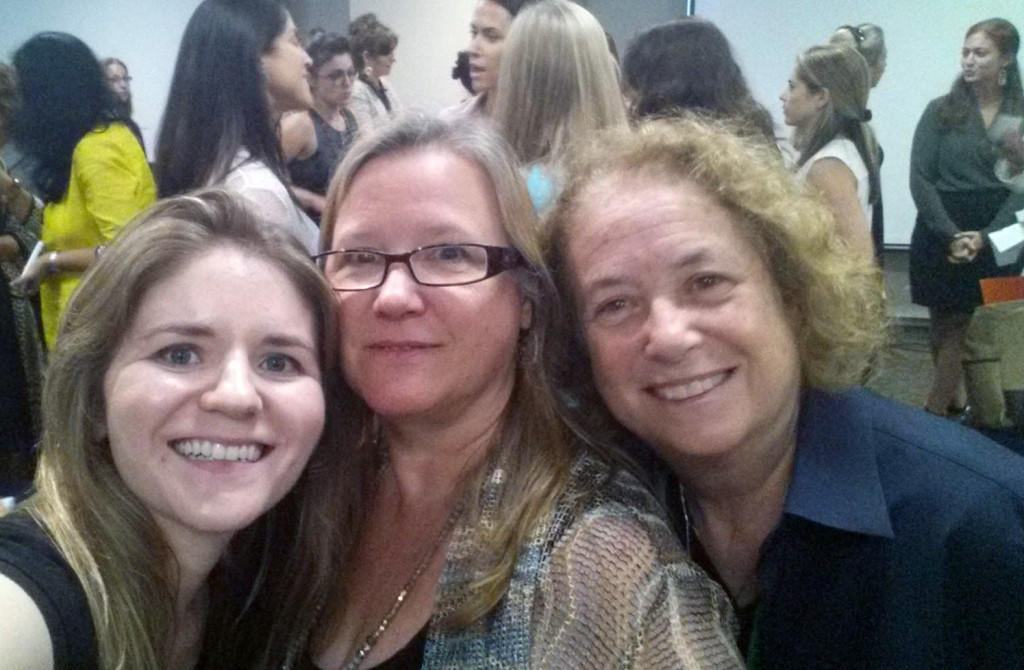 This weeks episode takes us to the Global Women’s Climate Justice Day of Action at the UN, sponsored by the Women’s Earth and Climate Action Network (WECAN). This event was attended by women from over 50 countries. To have such a collection of amazing women in one place, who presented stories of courage and resilience in combating climate change was deeply touching. Women play a key role in adapting solutions to climate change, and it was an honor to speak with WECAN founder Osprey Lake, environmentalist visionary Sally Ranney, as well as Neha Misra founder of Solar Sister, Harriet Shugarman Executive Director of ClimateMama, Executive Director of CELF Katie Ginsberg and student Coreena, and Patricia Gualinga-Montalvo, Indigenous Leader of Ecuador, whose interview was translated by Amazon Watch’s Executive Director Leila Salazar-López. For more information visit
This weeks episode takes us to the Global Women’s Climate Justice Day of Action at the UN, sponsored by the Women’s Earth and Climate Action Network (WECAN). This event was attended by women from over 50 countries. To have such a collection of amazing women in one place, who presented stories of courage and resilience in combating climate change was deeply touching. Women play a key role in adapting solutions to climate change, and it was an honor to speak with WECAN founder Osprey Lake, environmentalist visionary Sally Ranney, as well as Neha Misra founder of Solar Sister, Harriet Shugarman Executive Director of ClimateMama, Executive Director of CELF Katie Ginsberg and student Coreena, and Patricia Gualinga-Montalvo, Indigenous Leader of Ecuador, whose interview was translated by Amazon Watch’s Executive Director Leila Salazar-López. For more information visit 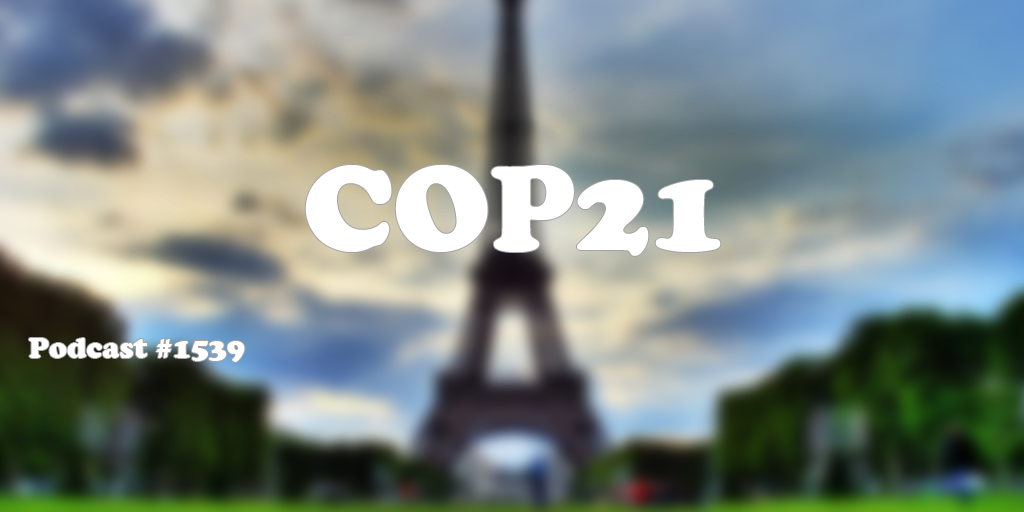
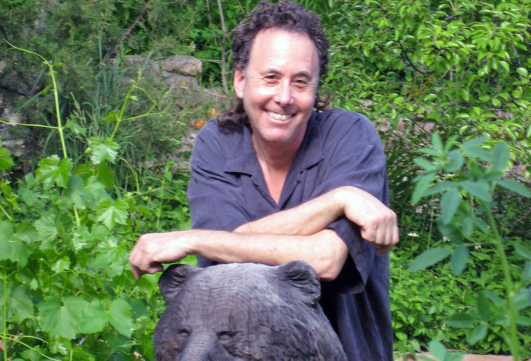
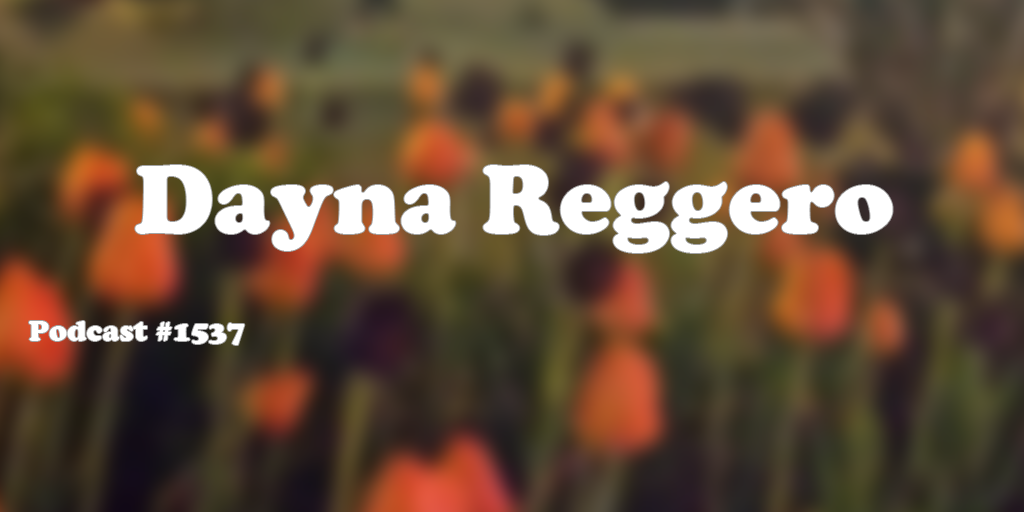
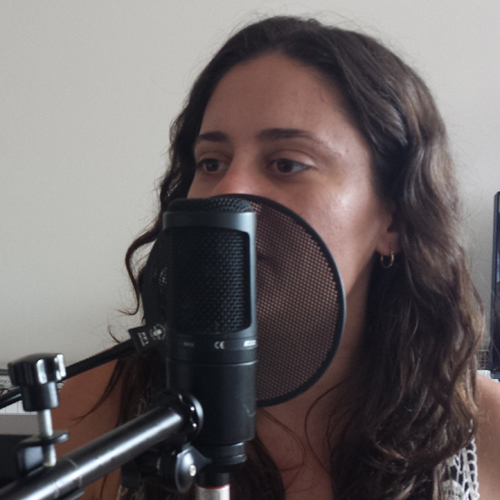 Billions of people around the globe are affected by the changes in climate every day. There are many stories that need to be told and many stories that need to be heard. My guest this week, Dayna Reggero, project director for the Climate Listening Project, has gathered stories from a variety of individuals and businesses about the direct effect of climate change on their lives and communities. Farmers, scientists, faith based and environmental groups are working towards solutions to adapt and build resilience to the extremes of climate change. We must connect actions to our words and work towards building a cleaner, greener world. Dayna has also been involved with the Showtime Series, Years of Living Dangerously, and has partnered with Laura Lengnick, author of the book Resilient Agriculture: Cultivating Food Systems in a Changing Climate. Dayna and Laura conduct storytelling workshops at colleges via the Cultivating Resilience Tour. For more info go to: daynareggero.com, @DaynaReggero and facebook.com/climatelisteningproject.
Billions of people around the globe are affected by the changes in climate every day. There are many stories that need to be told and many stories that need to be heard. My guest this week, Dayna Reggero, project director for the Climate Listening Project, has gathered stories from a variety of individuals and businesses about the direct effect of climate change on their lives and communities. Farmers, scientists, faith based and environmental groups are working towards solutions to adapt and build resilience to the extremes of climate change. We must connect actions to our words and work towards building a cleaner, greener world. Dayna has also been involved with the Showtime Series, Years of Living Dangerously, and has partnered with Laura Lengnick, author of the book Resilient Agriculture: Cultivating Food Systems in a Changing Climate. Dayna and Laura conduct storytelling workshops at colleges via the Cultivating Resilience Tour. For more info go to: daynareggero.com, @DaynaReggero and facebook.com/climatelisteningproject.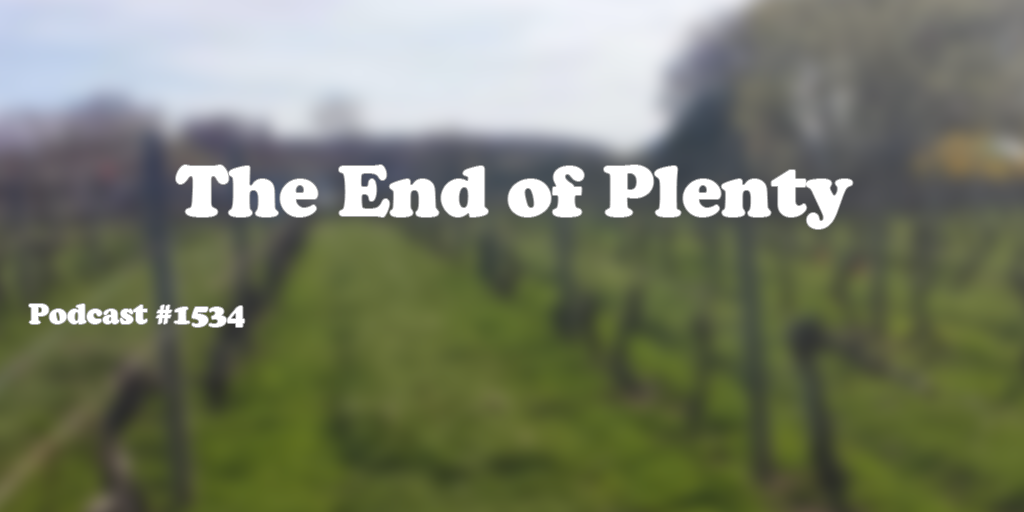
 Can we feed the world without wrecking it? Are we farming ourselves out of food? My guest, Joel K. Bourne Jr. and I delve into those questions on this week’s show. Joel’s new book, THE END OF PLENTY: The Race to Feed a Crowded World, discusses the world food crisis, as it relates to population increase and environmental concerns. Farm land is becoming decimated, as water shortages are spreading globally, thus reducing growth of crops needed to feed the populace. Political unrest and revolutions have occurred in various hot spots around the world, as wheat crops have failed, which has lead to tightening grain supplies. Lives are lost as fights break out over bread. Will 3D printing of food save us? Probably not, but there is hope, as farmers are using innovations in food irrigation, as well as conservation methods to solve some of the problems. A new land ethic must be put into place to feed the world. For more information go to joelkbournejr.com and amazon.com for his book, THE END OF PLENTY.
Can we feed the world without wrecking it? Are we farming ourselves out of food? My guest, Joel K. Bourne Jr. and I delve into those questions on this week’s show. Joel’s new book, THE END OF PLENTY: The Race to Feed a Crowded World, discusses the world food crisis, as it relates to population increase and environmental concerns. Farm land is becoming decimated, as water shortages are spreading globally, thus reducing growth of crops needed to feed the populace. Political unrest and revolutions have occurred in various hot spots around the world, as wheat crops have failed, which has lead to tightening grain supplies. Lives are lost as fights break out over bread. Will 3D printing of food save us? Probably not, but there is hope, as farmers are using innovations in food irrigation, as well as conservation methods to solve some of the problems. A new land ethic must be put into place to feed the world. For more information go to joelkbournejr.com and amazon.com for his book, THE END OF PLENTY.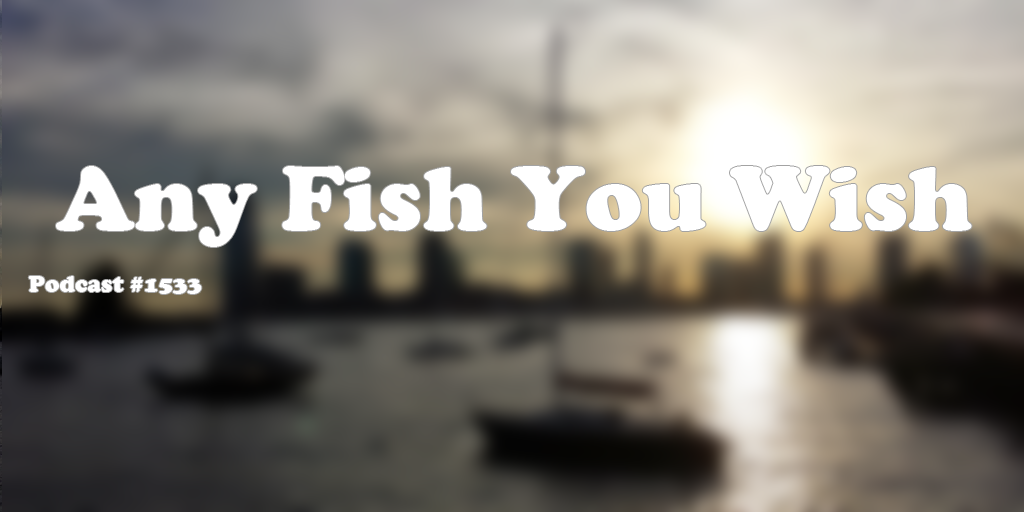
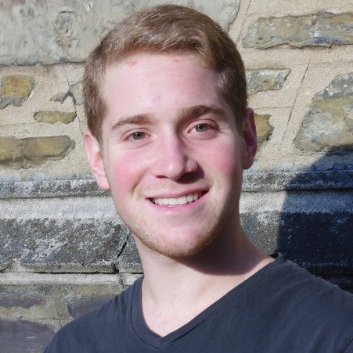 In the 1984 film Flamingo Kid, Matt Dillon’s character Jeffrey Willis, dines with his family at Larry’s Fish House, where the slogan is “Any Fish You Wish”. Cut to the summer of 2015, and my guest Noah Bressman, who is a budding marine biologist at Cornell University, has a big wish. That wish is to encourage more sustainable fishing practices on both the industry side and the sporting side. Fisherman should catch and release fish not caught for food. Regulations should be enforced to ensure more sustainable fisheries and fishing practices. Find out what mummichogs are, and how Noah’s research on that ‘intertidal killfish’ was featured on the Discovery Canada Show, The Daily Planet. Learn about what the signs at your local grocery fish counters mean when they say “all natural”, “wild caught” or “certified sustainable”. Noah is making great strides in his research, and he will continue to do great things in years to come. For more information visit Noah’s Facebook Page:
In the 1984 film Flamingo Kid, Matt Dillon’s character Jeffrey Willis, dines with his family at Larry’s Fish House, where the slogan is “Any Fish You Wish”. Cut to the summer of 2015, and my guest Noah Bressman, who is a budding marine biologist at Cornell University, has a big wish. That wish is to encourage more sustainable fishing practices on both the industry side and the sporting side. Fisherman should catch and release fish not caught for food. Regulations should be enforced to ensure more sustainable fisheries and fishing practices. Find out what mummichogs are, and how Noah’s research on that ‘intertidal killfish’ was featured on the Discovery Canada Show, The Daily Planet. Learn about what the signs at your local grocery fish counters mean when they say “all natural”, “wild caught” or “certified sustainable”. Noah is making great strides in his research, and he will continue to do great things in years to come. For more information visit Noah’s Facebook Page: 